Africa Cries Out Report 2023009 Africa Cries Out for the first time with dental services – Dr. Dinh’s Dental Diary
Author Xu Jun, March 24, 2023
On September 12th of last year, I received a phone call from dentist Tiana Thanh Dinh who said, “I have been following your work in Africa, and I was wondering if I could join you next year?”
Dr. Dinh and her husband, Dr. Loc Do, are both graduates of the University of Southern California School of Dentistry. They have participated in medical missions several times, bringing along their daughter Catherine to provide healthcare services in various countries across Southeast Asia.
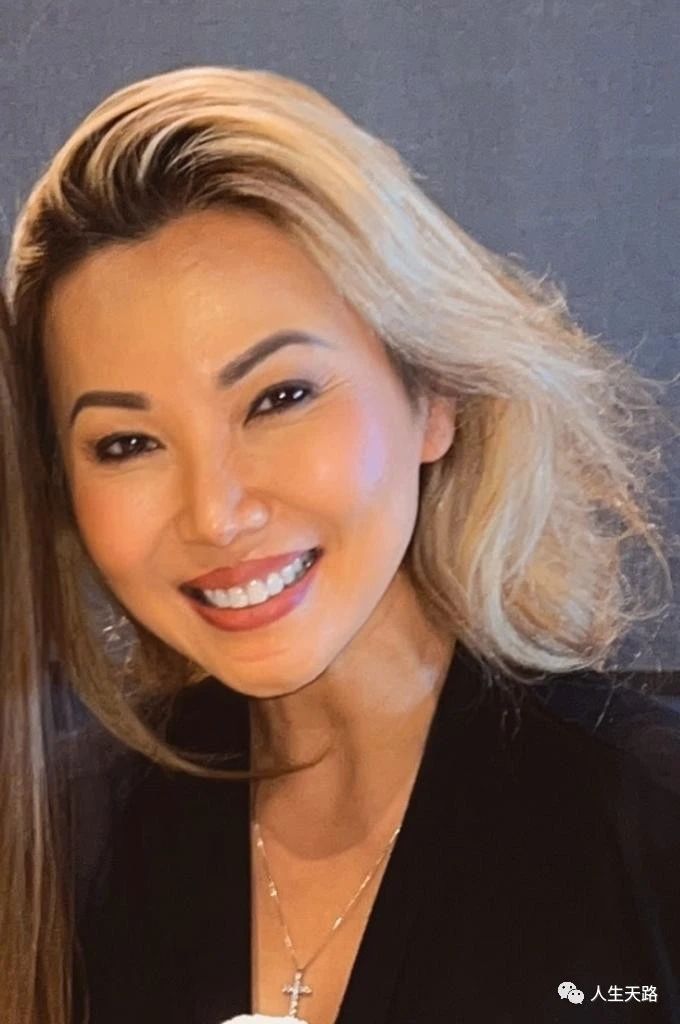
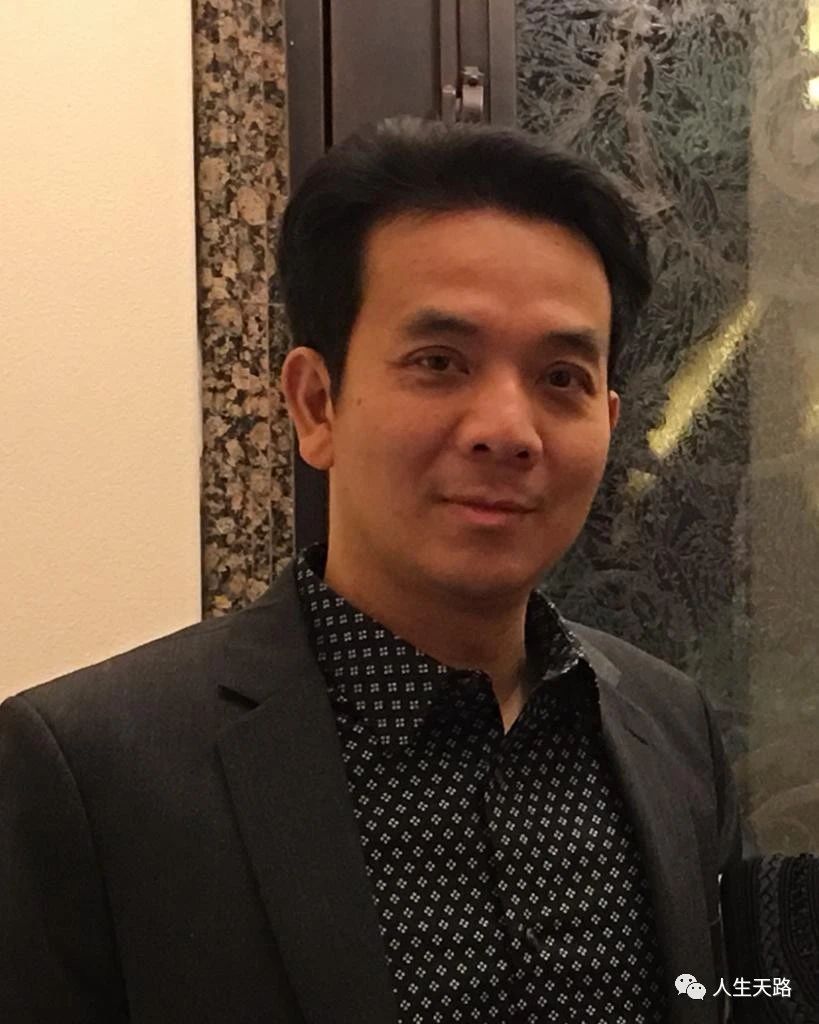
Dr. Dinh and Dr. Do made thorough preparations for this volunteer medical mission, including purchasing many medical instruments and necessary materials at their own expense.
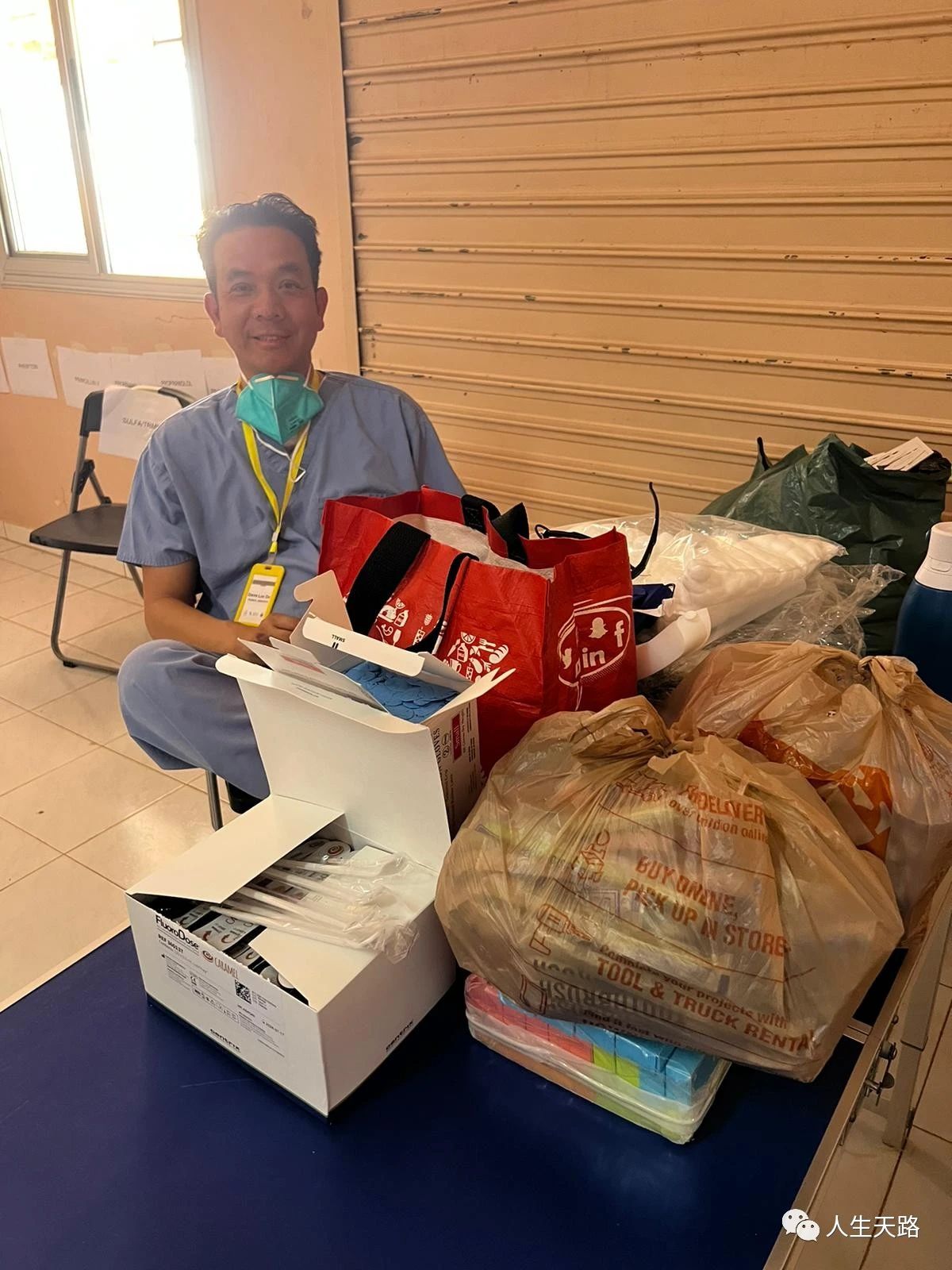
The following is a real-time record of their service to patients at the base. Dr. Dinh took the time to document this valuable first-hand information, and I will publish the original text without any edits.
Hello Dr. Xu,
How are you?
Being a part of your medical team has been an incredible blessing for me and my family. It has brought about a profound change in our lives, particularly for our daughter Catherine. The past three days of working at the clinic have been both overwhelming and humbling.
Day 1: Monday
Upon seeing the dental room, I immediately noticed the unstable dental chair, which posed a potential risk to patients. Despite the convenience of dental chairs in lifting patients and facilitating dental work, it was not worth the risk. Therefore, we opted to use a regular office chair against the wall for examinations and treatment instead.
Despite the sweltering heat outside, patients were lining up at the corner, waiting for their turn. We knew we had to work efficiently to see as many patients as possible. They kept coming in, one after another, and we worked at a fast pace, making it difficult to keep track of how many we had seen.
However, I take full responsibility for not bringing enough elevators and forceps as our supplies were limited due to the weight of the instruments and materials. As a result, we had to pause treatment three times to sterilize and disinfect the instruments, causing delays in the treatment process. Priscilla had to inform patients of the situation and ask them to wait.
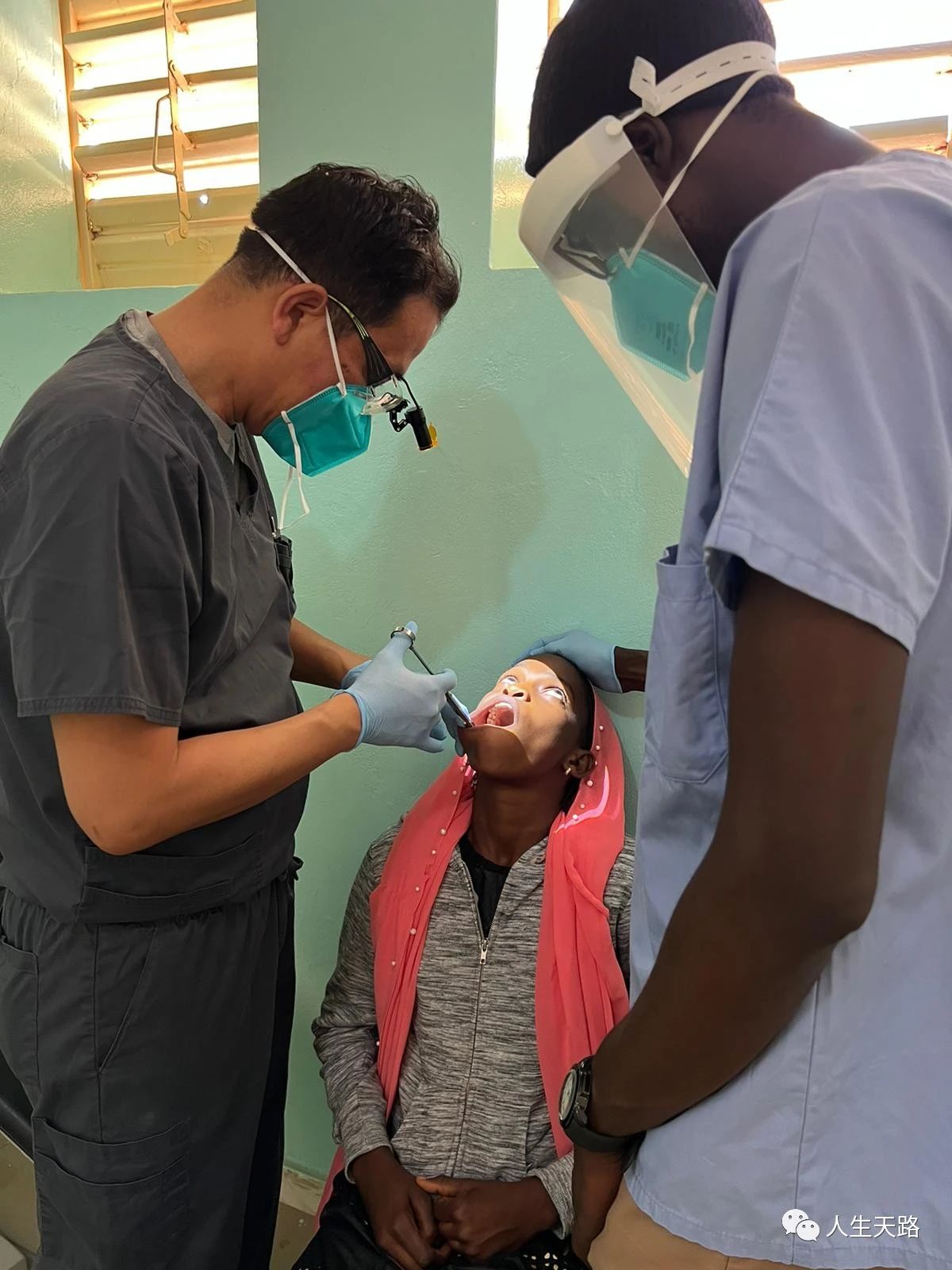
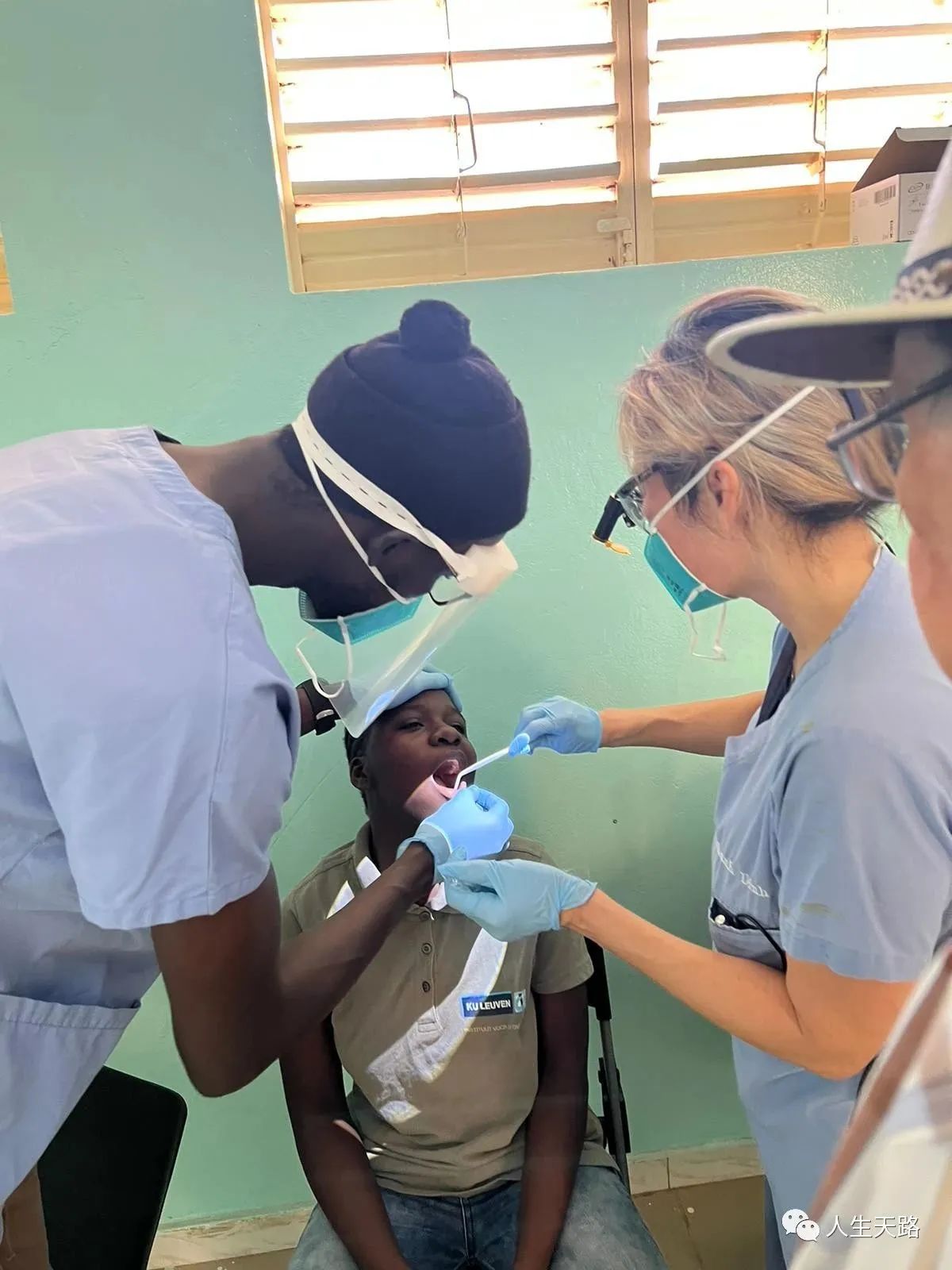
Day 2:
To make room for examining, diagnosing, and anesthetizing patients, I turned off the system and set up two chairs. My husband, Dr. Do, performed most of the tooth extractions, particularly for wisdom teeth, as these were causing the patients significant pain. Typically, X-rays are necessary for wisdom teeth extraction as they can be challenging to remove. They often have more roots than normal teeth, and the roots can be angled in the opposite direction, which can affect the procedure. Additionally, they may be situated near nerves, increasing the risk of complications. Unfortunately, we didn’t have X-ray equipment, so we could only hope and pray that everything would go smoothly.
After the procedures, we provided post-operative instructions and prescribed painkillers and antibiotics. We also gave the patients toothpaste and toothbrushes.
While most patients were appreciative of our efforts, there were some who became unhappy and directed their frustration towards Priscilla when she informed them of the delays caused by the need to sterilize the equipment with high pressure.
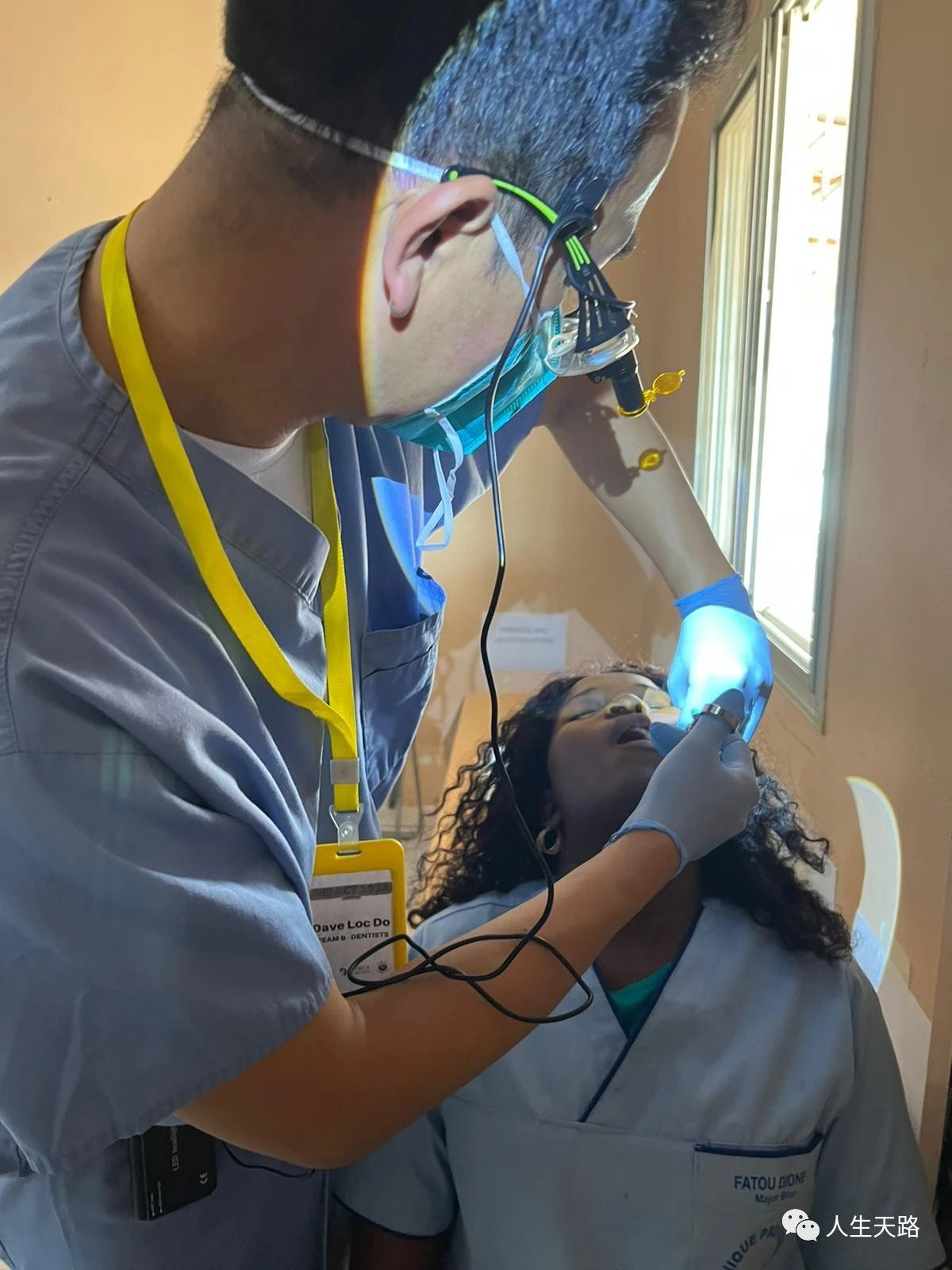
Day 3:
The number of patients seeking treatment at our clinic seems to increase every day, and it’s becoming overwhelming. We’re not sure how they’re finding out about our services, but it’s possible that Priscilla has been spreading the word.
Our assistant, who is from the local area, doesn’t speak English, so we have been relying on Google Translate for communication. This caused some delays on the first day, but we quickly adapted and became more proficient at working together. Despite the language barrier and other challenges, we were able to treat around 150 patients over five days, a feat that would be difficult to achieve in the US.
Last year, their daughter Catherine was accepted into the medical school at the University of Southern California. However, she decided to take a gap year to gain more life experience. She has been accompanying her mother on volunteer trips to Southeast Asia and this time, she joined our gynecological surgical team to assist with surgeries in the hospital. In July, she will be accompanying her parents to Vietnam for more volunteer work. Catherine plans to start medical school in September.
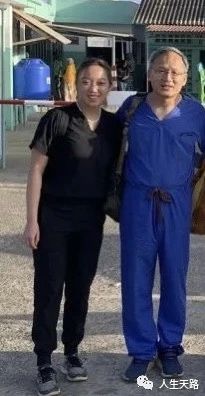
Left is Catherine and right is Professor Jiang
Dr. Dinh shared with me that they have a total of three children. Catherine is their eldest child. Their second child, a son, is currently studying at the University of California, Los Angeles, and is preparing to apply to dental school. Their youngest child also attends the same university and is preparing to apply for a degree in pediatric dentistry. Dr. Dinh and Dr. Do take their children with them every year to Southeast Asia for volunteer work.
When our organization, Africa Cries Out, sent its first dental team, we were pleasantly surprised by the positive response from the local patients. We didn’t anticipate such a high patient turnout, and the treatment outcomes were exceptional. When I expressed my gratitude to Dr. Dinh and Dr. Do, they humbly replied that they were actually grateful to Africa Cries Out for providing them with this opportunity to serve those in need.
I believe that anyone with love in their heart can find opportunities to give love wherever they go. Dr. Dinh, Dr. Do, and Catherine have hearts as precious as gold. They understand that by loving their children, they can teach them to love others and to have the ability to do so. There is no better example of this than when their patients’ years of dental pain are relieved by their treatment, or when their kindness restores their patients’ love and health. Their three children, including Catherine who is studying medicine, and their second and third children who will both study dentistry, are all inspired by their parents’ example.
Editor in charge: Liu Hui, Guo Yuanchun
